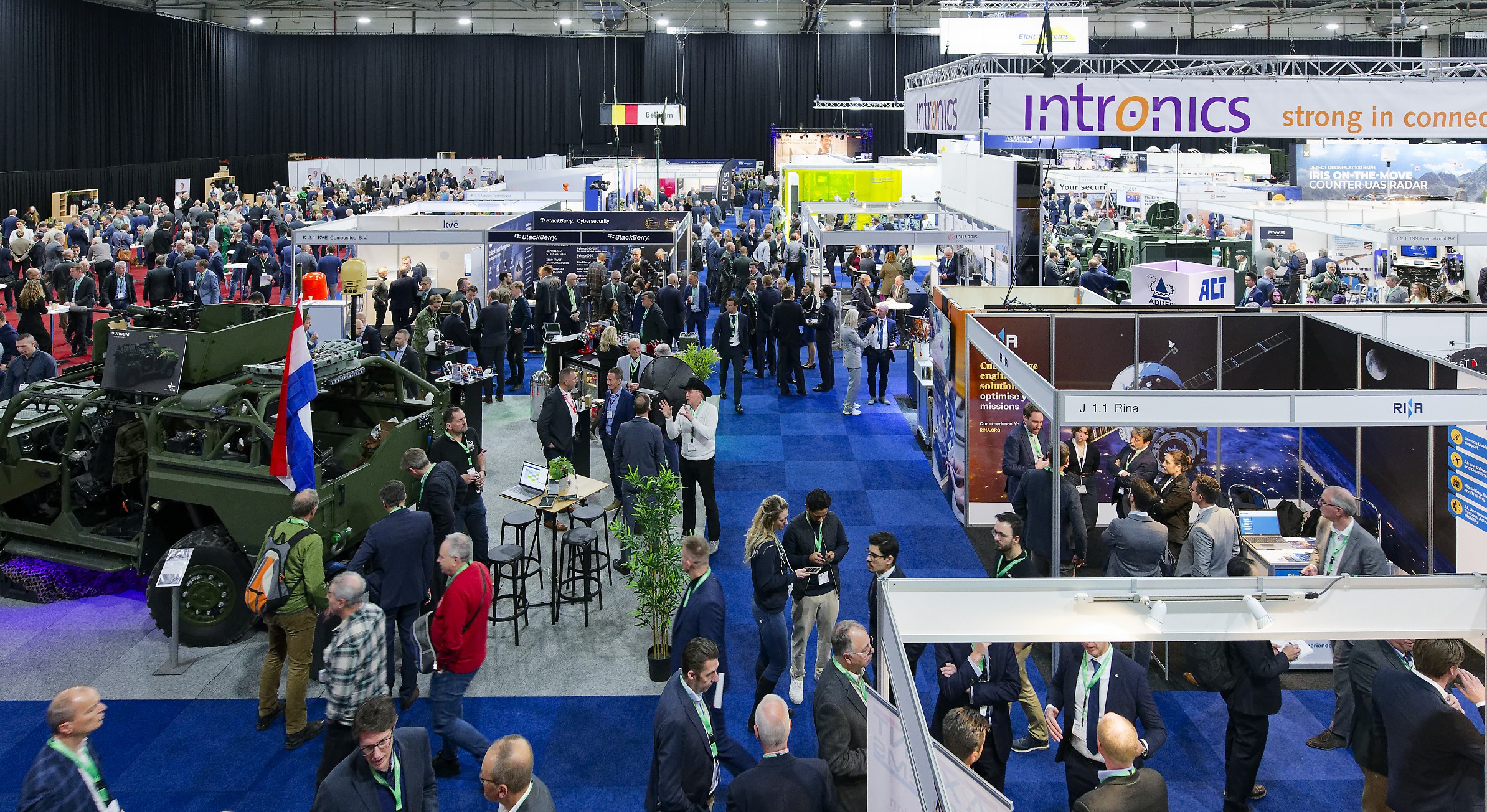Your gateway to Dutch defence solutions
NIDV - The Netherlands Industries for Defence & Security
The “Netherlands Industry for Defence and Security”, or “NIDV”, aims to facilitate the optimal positioning of the Dutch defence and safety sector, both in the Netherlands and internationally. As a center for information, network organization and an advocate for the industry, the NIDV plays a role in industrial cooperation with the government – both within the Netherlands and within the European and NATO-framework.
With around 250 participating companies, the NIDV represents a large part of the Dutch defense and security related technological industrial base.
Activities
Each year, the NIDV organizes more than 30 events, exhibition participations and trade missions for its participating companies and organizations. More than just the substantive component of these meetings, they also serve as a possibility for companies to network with each other.
